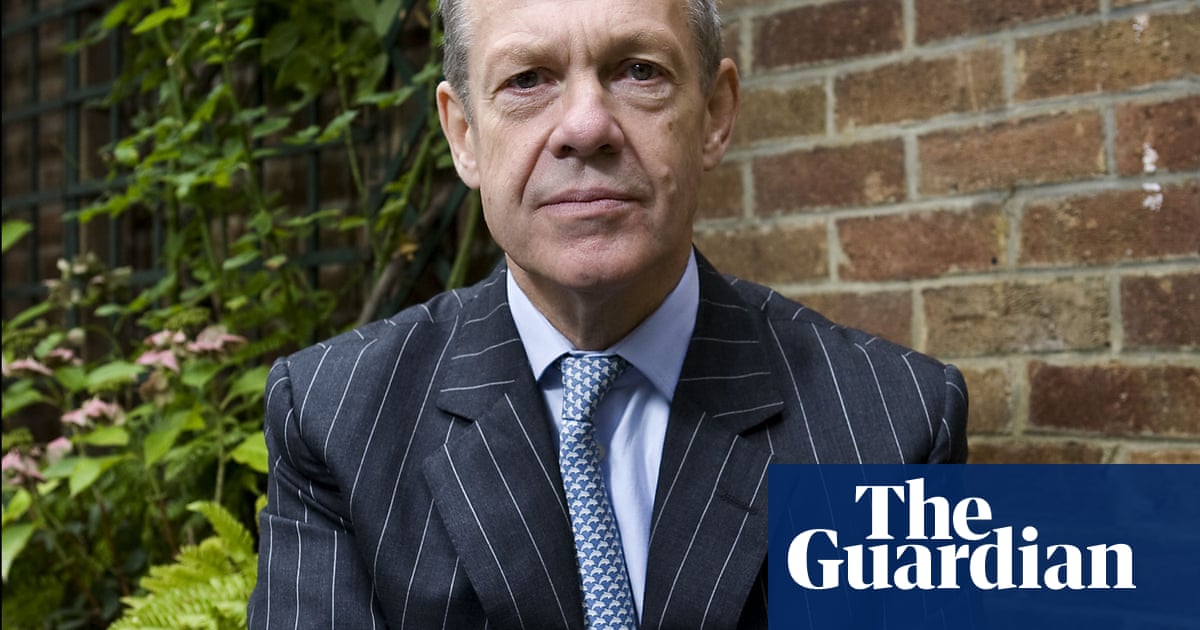Simon Mann, an Eton and Sandhurst-educated ex-SAS officer, who led a botched coup involving Margaret Thatcher’s son to overthrow the government ofEquatorial Guinea, has died aged 72.
Mann led a group of 70 fellow mercenaries who were arrested inZimbabwein 2004 for attempting to topple Equatorial Guinea’s despotic president, Teodoro Obiang.
Mann and his friendMark Thatcheradmitted involvement in the attempted plot, which became known as the “wonga coup”. When the plot was revealed, Obiang threatened to eat Mann’s testicles and drag his naked body through the streets.
Mann served more than five years in two of the world’s most notorious jails before being pardoned by Obiang himself.
He had previously served in the Scots Guards and the SAS before setting up a number of security firms specialised in protecting oil installations.
In March 2004 Mann, Nick du Toit and three other South African mercenaries plotted Obiang’s overthrow with international financial backers and the tacit approval of at least three governments, most notably Spain.
The coup involved flying into the former Spanish colony in a plane loaded with arms and more than 50 black “Buffalo soldiers” – former members of the now disbanded South African defence forces’ elite 32 battalion– to replace Obiang with an exiled opposition activist called Severo Moto.
In return, the plotters and their backers were hoping to tap into Equatorial Guinea’s reserves of oil and natural gas. But their plane was intercepted by the Zimbabweans at Harare airport. A jubilant PresidentRobert Mugabethrew Mann and his fellow conspirators into jail before handing them over to Equatorial Guinea where a court sentenced the mercenary to 34 years in jail.
In a note sent out to his legal team while he was being held, Mann implicated Thatcher, whom he referred to by the name Scratcher, in the coup. The note also pleaded for a “large splodge of wonga” and that Thatcher use his influence to secure his release.
In his trial, Mann admitted he had been approach by Ely Calil, a Lebanese oil tycoon who was a friend of Moto, who regarded himself as head of Equatorial Guinea’s government in exile.
Sign up toFirst Edition
Our morning email breaks down the key stories of the day, telling you what’s happening and why it matters
after newsletter promotion
Thatcher was alleged to have paid for a helicopter to fly Moto from Equatorial Guinea during the planned coup. He was fined and given a four-year suspended sentence for his part in the coup after admitting breaking anti-mercenary legislation. But he claimed he was only unwittingly involved in the plot.
In 2006 the plot was dramatised inCoup!, a TV movie written by the comic John Fortune.
After his pardon, Mann returned to the UK. He was married three times and had nine children. MailOnline reported that he had died earlier this week while exercising in a gym.
